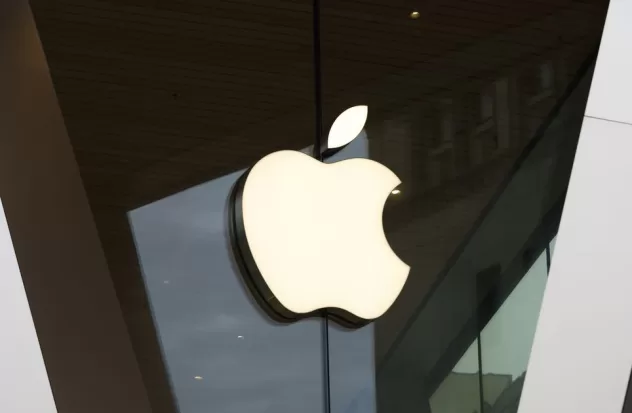WASHINGTON– The lawsuit filed by the US government against Apple attacks the very heart of the model promoted by the company, which has built its universe on the exclusivity of its products.
Under the influence of its founder, Steve Jobs, Apple has sought from the beginning to offer unique products, out of date with its competitors and highly focused on ergonomics and design.
The company once hoped its universe would become the industry standard, but had to surrender to Microsoft, which prevailed in most personal computers (PCs) with its Windows operating system.
Apple did not give in to the trend and maintained its own operating system: macOS, incompatible with other PCs.
It ended up allowing users of Mac, its flagship computer, to install Windows in the early 2000s, but macOS remains its standard.
Preserve exclusivity
After its desktop computers, Apple expanded its offerings to laptops in the late 1980s, then launched the iPod in 2001, the iPhone in 2007, the iPad in 2010 and the Apple Watch in 2015.
This set of products, all of them equipped with the Apple operating system, constitutes a finite world that is supposed to be self-sufficient.
Synchronization and switching from one Apple medium to another has been facilitated by the emergence of the Internet and remote computing (the so-called cloud).
But when it comes to interacting with the outside world, sending a text message to a smartphone from another brand or using an Apple Watch with a phone other than the iPhone, the task becomes more complicated. The possibilities are more limited, the operations longer or tedious.
In 2022, when answering a question from a journalist who complained about not being able to send videos to his mother because Apple had not adopted the RCS (Rich Communication Services) messaging standard, current on all smartphones except the iPhone, the CEO of the company Tim Cook responded: “Buy your mother an iPhone.”
Services, engine of growth
Virtually non-existent before the arrival of the iPod and then the iPhone, the services activity has become Apple’s growth engine and currently represents almost a quarter of its turnover.
This segment, which brings together data storage (iCloud), streaming music platforms (Apple Music) and video (Apple TV+), in addition to the App Store, provides enormous profit margins (over 70%), much greater than that of their other products.
More than the equipment, it is these activities that have also earned Apple a series of lawsuits in several countries, such as the one initiated on Thursday by the US Department of Justice.
The group, created nearly 50 years ago, is accused of discouraging consumers from downloading an app outside of its App Store and forcing all app developers to pay it a commission on iPhone purchases.
The US government agency also accuses it of having prevented the development of certain applications or functionalities that compete with its own services, maintaining this insular philosophy, often called “the walled garden.”
In addition to an unjustified cost to consumers, the US government accuses Apple of hindering innovation, particularly when it comes to facilitating the operability of services with other smartphones or other platforms.
Apple assures for its part that this closed device and the commissions it bills allow it to guarantee the safety of its users and the quality of its products.
Source: With information from AFP.




